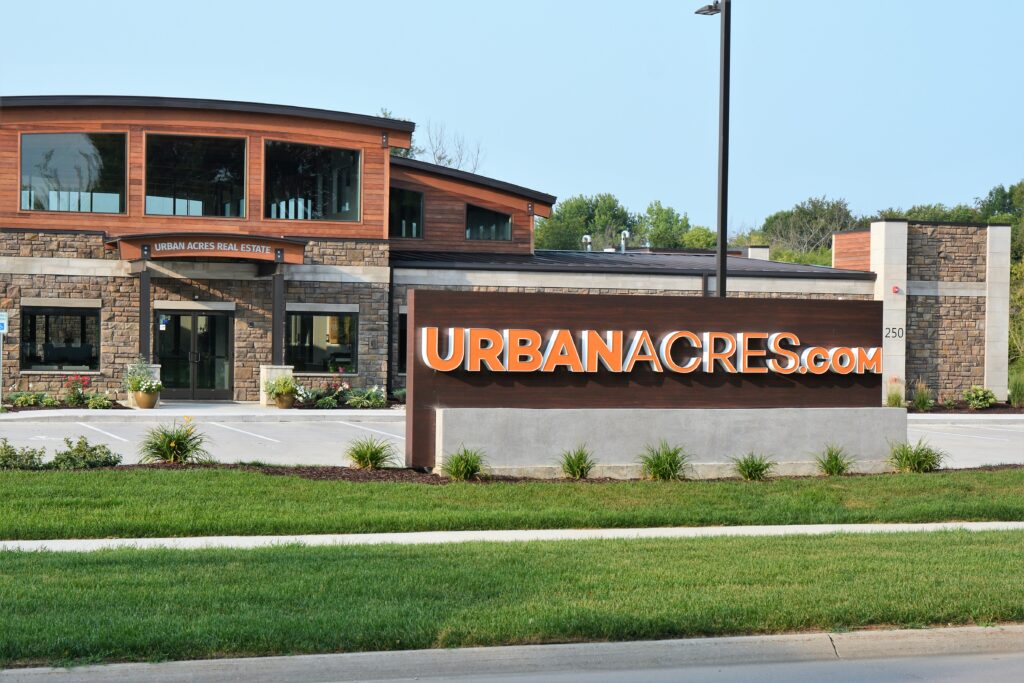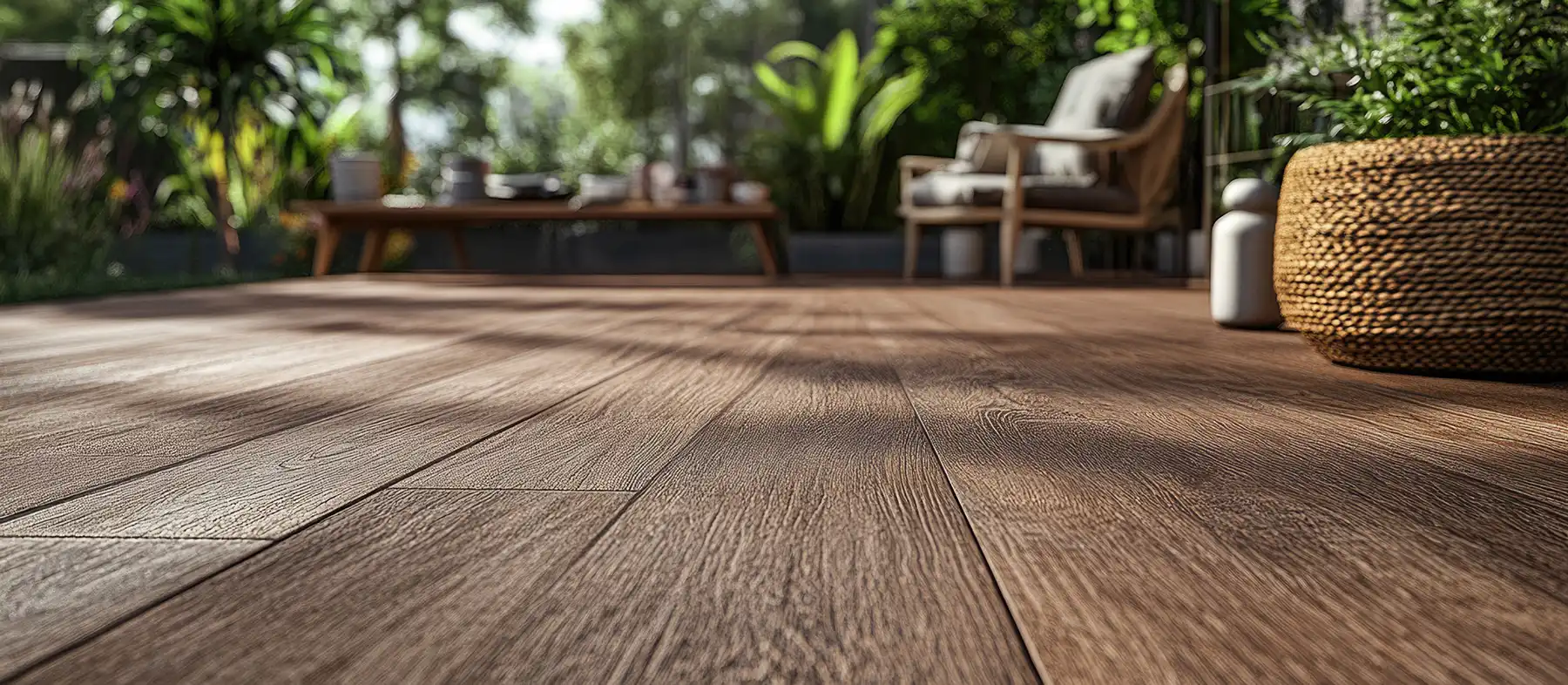When dreaming of their first home, most people don’t think about the homeownership tax benefits. They picture backyard barbecues, holiday gatherings, and painting the walls whatever color they want. These lifestyle perks are great, but your home purchase also has financial benefits that often fly under the radar.
Tax advantages are an overlooked upside of homeownership. As a homeowner, you can claim multiple tax benefits that may significantly reduce your tax burden—which means more money for important things like comfy furniture and the fancy grill you’ve been eyeing.
Things can quickly get complicated when you’re talking about taxes. But we believe in keeping it simple. Our REALTORS® are here to help you navigate the home-buying process and the tax benefits of homeownership.
Let’s explore how owning a home can be as friendly to your tax bill as it is to your lifestyle!
The Homeownership Tax Deductions You Should Know

When you buy a home, you get more than a place to put down roots. You also unlock potential tax savings. The U.S. tax code includes several provisions designed to make homeownership more affordable through deductions and credits. Claiming these benefits on your taxes can put thousands of dollars back in your pocket every year.
We’ll start with what’s often the largest deduction for most homeowners: the mortgage interest deduction.
Mortgage Interest Deduction
The mortgage interest tax deduction has been around since income tax began in the early 1900s. This benefit allows you to subtract the interest you pay on your home loan from your taxable income, lowering your tax bill. Think of your mortgage interest as a nice little thank you from Uncle Sam each April.
Here’s how it works: When you make monthly mortgage payments, a portion goes toward the principal (the amount you borrowed) and the rest goes toward interest. The IRS lets you deduct that interest on loans up to $750,000 for single filers or married couples filing jointly ($375,000 if married filing separately). This applies to homes purchased after December 15, 2017.
To qualify for the mortgage interest deduction:
- Your mortgage must be for your primary residence or second home.
- You’ll need to itemize deductions on your tax return instead of taking the standard deduction
Let’s say you purchase a $350,000 home with a 30-year mortgage at a 6.5% interest rate. You’ll pay approximately $22,500 in interest in your first year of homeownership. If you’re in the 22% tax bracket, this deduction could save you about $4,950 in taxes. That’s over $400 every month!

The mortgage interest deduction is especially valuable in the early years of your mortgage. This is when interest makes up the largest portion of your monthly payment. Over time, as you pay down your principal, the tax benefit gradually decreases, but so does your overall mortgage payment.
Property Tax Deductions
Your annual property taxes are another expense that can translate into tax savings. Local governments assess property taxes to fund essential community services like schools, emergency services, and infrastructure improvements. The good news? The IRS allows you to deduct these payments when filing your federal income taxes.
You can subtract the amount you paid in state and local property taxes from your taxable income. For most homeowners, this deduction saves them hundreds of dollars on their taxes annually. Iowa homeowners pay around 1.53% in property taxes. This rate is slightly above the national average, but rates vary by county—for example, the average rate in Johnson County is different from the rate in Linn County.

Where do you find out how much you’ve paid? Your mortgage servicer usually collects property taxes through your escrow account and pays them on your behalf, making these taxes easy to track on your annual mortgage statement.
Here are some tips for maximizing your property tax deductions:
- Take advantage of Iowa’s Homestead Tax Credit. To qualify for the credit, you must be an Iowa resident, file income taxes in Iowa, and own and occupy the property where you’re seeking a homestead credit.
- Review your property tax assessment regularly. Iowa counties reassess property values every two years.
- Don’t hesitate to appeal your assessment. If you believe your home is overvalued, you can contact your county assessor’s office to request a review.
- Do your research. Certain homeowners like veterans and seniors may be eligible for additional tax credits.
Capital Gains Exclusion
While mortgage interest and property tax deductions provide immediate tax relief, the capital gains exclusion is a powerful financial tool for sellers. This is especially true in Iowa’s steadily appreciating real estate market.
When you sell your home for more than you paid for it, the IRS considers that profit a capital gain. Normally you’d owe taxes on this gain. But the IRS makes an exception for homeowners who’ve lived in their home for a set period of time. This primary residence exclusion allows you to shield up to $250,000 of profit from the capital gains tax if you’re single, or $500,000 if you’re married filing jointly.
To qualify, you have to meet two requirements:
- You’ve lived in the home for at least two of the five years before selling.
- You’ve lived in the home as your primary residence for at least two of those five years.
Here’s an example: You purchase a home in Iowa City for $275,000 and sell the home after seven years for $425,000, making a $150,000 profit. Without the exclusion, you’d owe $22,500 in taxes at a 15% capital gains rate. But with the primary residence exclusion, you’ll pay nothing on this gain and keep the full profit.
Home Office Tax Deduction

Since the pandemic changed how we all work, more than a third of us now work from our kitchen tables, spare bedrooms, or converted closet offices at least part of the time.
Working from home comes with a unique tax advantage. Homeowners can deduct expenses related to the portion of their home they use exclusively for business purposes. There’s just one catch: your office can’t be the corner of your living room where you answer emails in your PJs. It must be your main place of business or where you regularly meet with clients.
The IRS offers two methods for calculating this tax deduction:
- The regular method, which allows you to deduct actual expenses (mortgage interest, insurance, utilities, and repairs) proportional to your office’s square footage, plus depreciation
- The simplified method, which offers a standard deduction of $5 per square foot (up to 300 square feet)
If you go the simplified route, you’ll fill out less paperwork. Though you may be able to deduct more using the regular method, you’ll have to keep records of all related expenses. Not everyone can maintain that level of organization.
Other Homeowner Tax Deductions
Savvy homeowners can unlock even more tax advantages beyond the standard deductions.
Home Equity Loan Interest

If you’ve taken out a home equity loan or line of credit, the interest may be tax deductible. But that only applies if you’ve used those funds specifically to buy, build, or substantially improve your home.
That kitchen renovation or energy-efficient furnace replacement? It might be tax deductible. Your dream vacation or car purchase? Unfortunately not.
Energy-Efficient Home Improvements

In Iowa, energy-efficient home improvement tax credits can be particularly valuable. Federal tax credits can offset up to 30% of the cost of qualifying improvements including solar panels, energy-efficient windows, doors, insulation, and HVAC systems. These credits reduce your tax bill, not just your taxable income, which makes them especially valuable.
Mortgage Points Deductions
Mortgage points are the fees you pay directly to the lender at closing in exchange for a reduced interest rate on your mortgage loan. They’re essentially a form of prepaid interest that can lower your monthly mortgage payments over the life of the loan. Mortgage points come in two forms: discount points and origination points.
Whether you paid discount points to lower your interest rate or origination points when securing your mortgage, these costs may be tax deductible. Points paid on your primary residence loan are usually fully deductible in the year paid. Refinance points get deducted over the life of the loan.
What’s Not Tax Deductible

While we wish we could tell you that your new kitchen backsplash or the emergency plumber visit is tax deductible, the IRS doesn’t agree. Not every fee associated with homeownership qualifies.
This includes:
- Homeowners insurance premiums
- Most closing costs
- Down payments
- Utilities
- The principal amount of your mortgage payment
- Home Owners Association (HOA) fees
- Depreciation
Your Real Estate Partner Beyond the Purchase

Understanding the tax advantages of homeownership can be as complex as finding the perfect home. At Urban Acres, we don’t just hand you the keys to your new home and wave goodbye. Our REALTORS® continue to serve as a valuable partner throughout your homeownership journey, helping you maximize both your love of your new home and all the financial perks that go along with it.
While we’re real estate experts, not tax professionals, we maintain strong connections with trusted local tax advisors, accountants, and financial planners. When you have tax questions, we can connect you with the right professionals for your situation. We’re your neighbors, fellow community members, and an ongoing resource for making homeownership work for you.
Owning a home is a lifestyle choice and a financial investment. Our REALTORS® are here to help you check both of those boxes. Whether you’re looking to buy or sell, we’d love to be part of your homeownership journey.
Reach out today and let us know how we can help!





